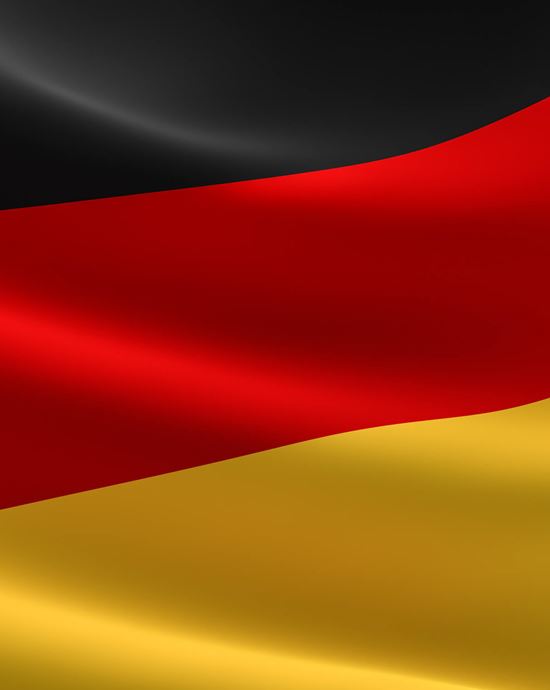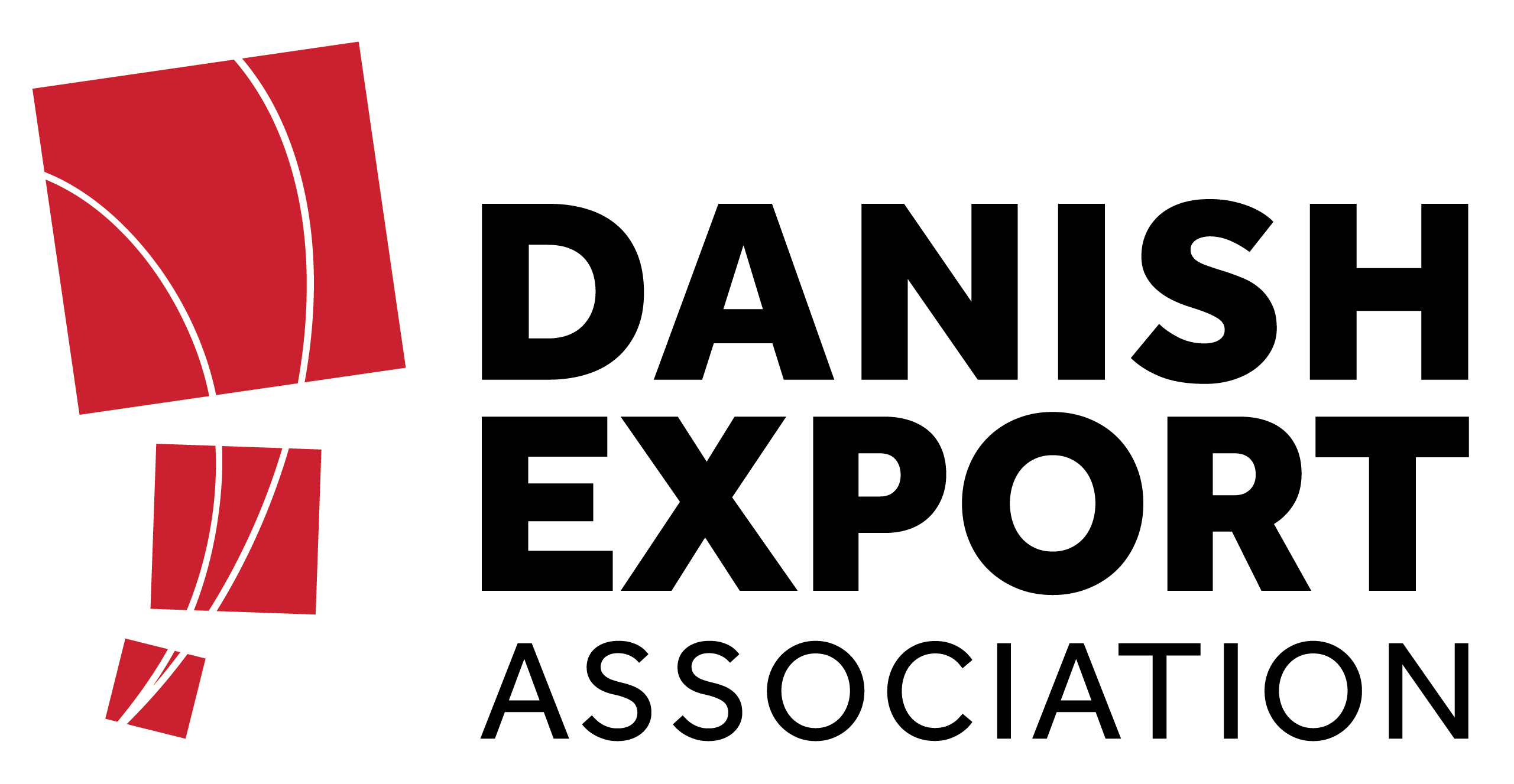[En] Avoid common mistakes in Germany
Danish companies are known for good and innovative technology in Germany. It is still, however, hard to gain foothold because the market structure is complex. There are many institutions influencing the agenda, and you have to develop a strong network to expand sales.
“To enter the German market within water technology, you have to approach ‘Mittelstand’ (medium sized) companies. The ‘Mittelstand’ companies are agile and innovative businesses - typically family owned. In Bavaria alone, they account for more than 3 million employees and are responsible for 200.000 educational jobs,” says Lotte Lundø Nørgaard, Innovation Officer at the Innovation centre Denmark, Royal Danish Consulate General in Munich.
“‘Mittelstand’ companies deliver to tendered projects and abide by the strategies, rules and guidelines set by e.g. Bundesverband der Energie- und Wasserwirtschaft and other federal and private organizations. Therefore, you have to know the focus of these organizations in order to prepare your unique selling points before you approach your potential customer,” Lotte Lundø Nørgaard continues.
Establish network
You meet the Mittelstand companies at trade fairs and conferences, which are an important part of establishing your German network. But because the German business culture is different than the Danish, setting up meetings requires time and patience.
“It is important that you understand the logic of the German business system. For instance, you have to consider that there is more hierarchy within the organizations and decision making is a long process,” Lotte Lundø Nørgaard says.

Show, don’t tell
Once you manage to get in touch with a potential customer, you have to be able to prove that your product is the best solution.
“You have to be ready to enter an active dialogue on how your product can make a difference for the German customer. Present a solid business case with references and evidence that your product works and is effective,” Lotte Lundø Nørgaard says.
“To many suppliers this process is hard to manage on their own. Therefore, finding another Danish partner or being part of a consortium might make it easier because you become part of something larger.”
Listen and act
In order to make sales in Germany, you may have to alter your product. Here, dialogue with German user groups and business partners will help you obtain valuable product feedback that you can use in your product development.
“Although many regulations are harmonized within the EU, there may be German national regulations, which can differ from each ‘Bundesland’, which requires your attention. Compliance with a request for even minor adaptations can be the key to success in the German market.
Trusty partners
Although entering Germany is a long process, it is worth the trouble. The German customers are loyal to their suppliers and can be a gateway to new markets.
“Once you are in, you can expect to stay there unless you mess up big time. The German customers are faithful to good partners and if they trust you and your solution, they may include you in their own export,” Lotte Lundø Nørgaard says.
Avoid the common mistakes
Most businesspeople from Denmark know the basics of doing business in Germany. Nevertheless, Lotte Lundø Nørgaard often experiences that this is where Danish companies fail at exporting their goods to the market.
“The cultural differences are extremely important to know and act by. It seems like banalities, but Danes have a tendency of being too relaxed in their approach toward German potential customers. Danes often think that they are world champions and Germans do not like that attitude. German business etiquette requires a professional and serious attitude,” she explains.
Join organized trips
One way of avoiding beginner’s errors is by participating in organized trips where you meet the right people and learn about their businesses and needs.
“Entering the German market is faster this way because you get the chance to start a good network and get the knowledge and assistance you need to become successful. And you will get the opportunity to meet German players that you would not otherwise have access to,” Lotte Lundø Nørgaard says.
